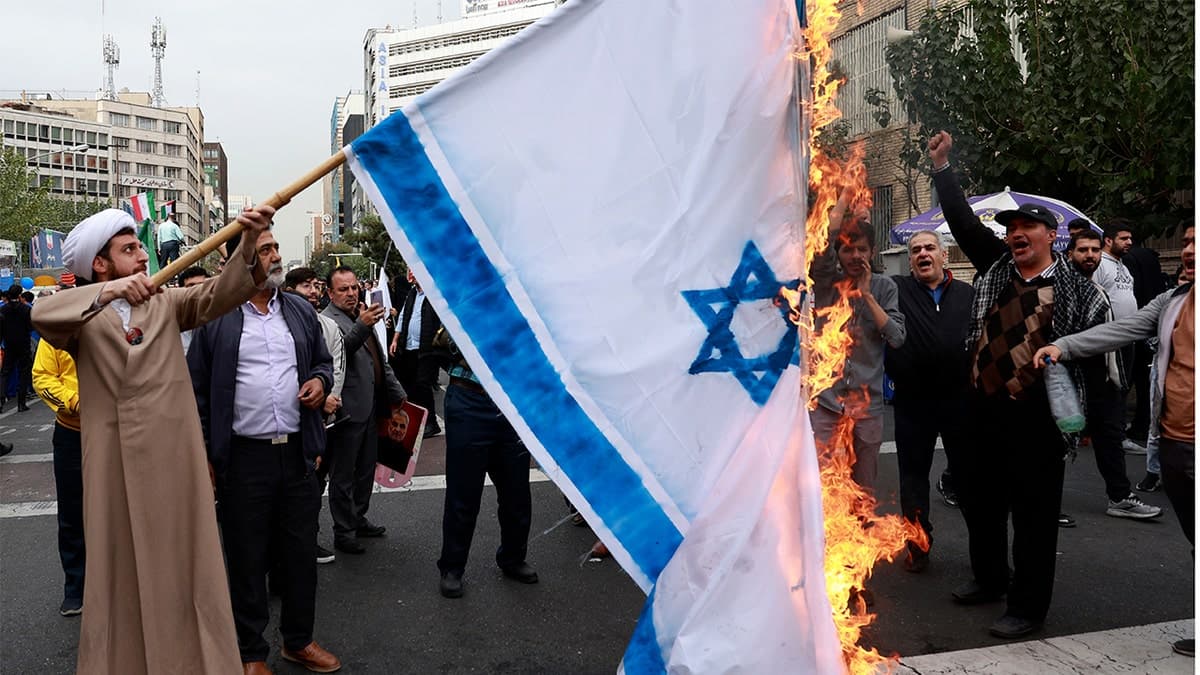Breaking: U.S. State Department Fires Press Officer Over Israel Policy Disputes
The U.S. State Department has dismissed its top press officer responsible for Israeli-Palestinian affairs amidst escalating internal tensions regarding the agency"s stance on Israel"s actions in Gaza. The decision comes after contentious debates over how to address recent incidents involving the killing of journalists in Gaza and the contentious issue of Palestinian displacement.
Internal Disputes Over Policy Statements
Last week, a significant internal debate arose concerning a proposed statement to the media asserting, “We do not support forced displacement of Palestinians in Gaza.” This statement was prompted by inquiries surrounding discussions between Israel and South Sudan regarding the potential transfer of Palestinians to South Sudan. Despite the urgency of the matter, leadership ultimately chose to refrain from publicly opposing the displacement, reflecting a broader reluctance within the department to take a definitive stance on sensitive issues related to Israel.
Additionally, a separate dispute emerged following the targeted killing of Al Jazeera journalist Anas al-Sharif, along with several other journalists in Gaza City earlier this month. The department"s leadership decided against expressing condolences, a move that sparked outrage among advocates for press freedom and human rights. This lack of acknowledgment has raised concerns about the U.S. government"s commitment to supporting journalists operating in conflict zones.
Why This Matters: Implications for U.S. Foreign Policy
The firing of the press officer highlights the growing fractures within the U.S. State Department regarding its approach to Israel and Palestine. As the conflict escalates, U.S. officials face mounting pressure from various factions, including human rights groups and constituents who are increasingly critical of Israel"s actions. Recent developments, such as an exclusive poll indicating that a majority of Americans view Israel"s actions as genocide, underscore the shifting public sentiment that may compel policymakers to reevaluate their strategies.
The implications of this internal discord extend beyond personnel changes. The inability to present a unified front on contentious issues could undermine the U.S.’s credibility in mediating peace efforts in the region. Moreover, as the Biden administration continues to grapple with its foreign policy objectives, the handling of Israeli-Palestinian relations remains a critical test of its diplomatic resolve.

Image for Breaking: U.S. State Department Fires Press Officer Over Israel Policy Disputes
Next Steps: What Lies Ahead for U.S.-Israel Relations
As the State Department navigates this tumultuous landscape, the immediate future will likely involve a reassessment of communication strategies regarding Israel and Palestine. The recent firing may prompt a broader review of personnel involved in Middle Eastern affairs, as leadership seeks to align its messaging with the administration"s foreign policy goals.
Furthermore, upcoming diplomatic engagements may be influenced by the department"s handling of contentious issues. With pressure mounting from various advocacy groups and the American public, officials will need to carefully consider how their statements and actions are perceived both domestically and internationally. As the situation evolves, it will be crucial for the U.S. to maintain a balance between its traditional support for Israel and the emerging calls for accountability regarding human rights violations in the region.
As the State Department moves forward, stakeholders and observers will be closely monitoring developments in U.S.-Israel relations, especially in light of recent events that have garnered significant media attention and public scrutiny. The handling of these sensitive issues will undoubtedly shape the narrative surrounding U.S. involvement in the Israeli-Palestinian conflict in the months to come.


![[Video] Heavy clashes and gunfire reported in Baghdad, Iraq](/_next/image?url=%2Fapi%2Fimage%2Fthumbnails%2Fthumbnail-1768342239932-848qsh-thumbnail.jpg&w=3840&q=75)




![[Video] Gunfire between Iraqi security forces and Sadr militias in Baghdad](/_next/image?url=%2Fapi%2Fimage%2Fthumbnails%2Fthumbnail-1768343508874-4redb-thumbnail.jpg&w=3840&q=75)
